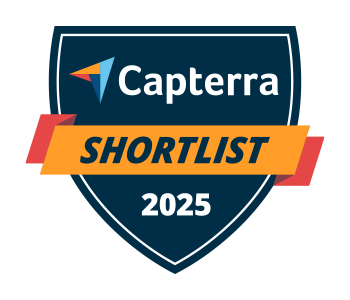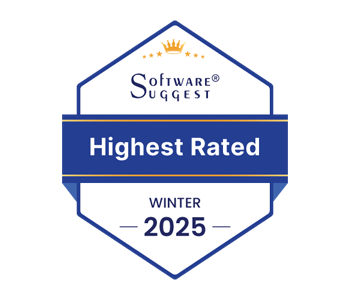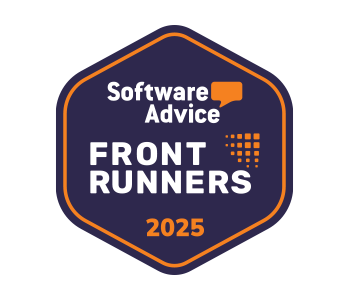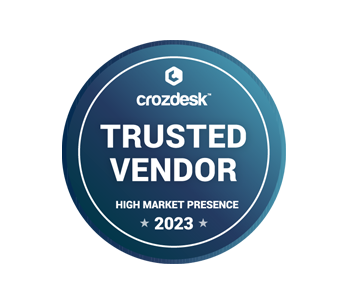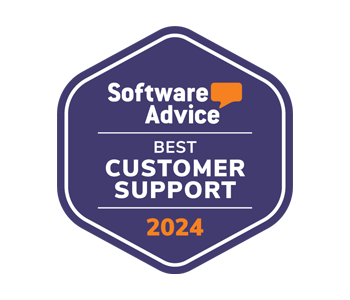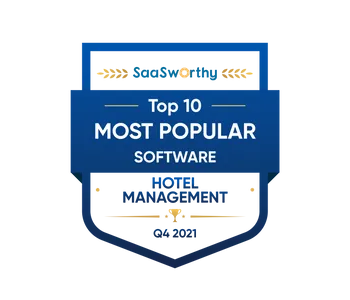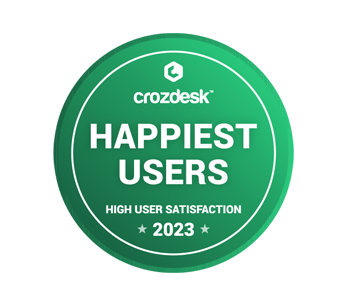Marketing efforts are usually front of mind when it comes to boosting bookings, but what’s behind a good marketing strategy? In more ways than one, your property management system (PMS) is at the heart of driving reservations—not just managing them. We’re not only talking about decreasing rates when occupancy is low; the secret to generating more bookings year-round lies in the data contained in your PMS.
In addition to providing the numbers you need to review operational and financial performance, your PMS tells you a lot about your guests, like how many times they’ve stayed, when they tend to visit, and what services they enjoy (and spend their money on). Analyzing this data empowers you to shape your marketing strategy and guest service effectively.
Who Are Your Guests and Why Do They Choose You?
The most important question your data can answer is: who are your guests, and why do they choose you?
Your guests each have different preferences, needs, and spending habits, so there will be more than one answer to that question. Analyzing your data, however, will enable you to discover your most profitable customer segments and selling propositions, allowing you to focus on those that offer the most return.
Your PMS can offer valuable insights like:
- What type of travelers you attract most (business, leisure, groups…)
- Who your most profitable guests are
- How far in advance guests book
- Where guests come from (geographical regions)
- Most profitable booking sources / channels
- Most popular room and rate types
- Typical length of stay
- Most popular amenities and services (and who is consuming them)
With this information, you can improve your marketing strategies and guest service to drive more revenue. Here’s how:
Targeted Marketing Campaigns
Identifying your most profitable customer segments, when they book, where they come from, and the amenities and services they consume is key to creating highly targeted and effective marketing content delivered to the right guests, through the right channels, at the right time to improve conversions.
Integrated with a CRM or guest engagement platform, your PMS data powers automated campaigns that hit the mark every time.
Tailored Packages and Services
Knowing who your guests are and what they love about your property also helps you design value-added packages and services tailored to your customers’ preferences and needs. For example, a spa package would probably be well received by business guests, while a romantic package offered to a repeat guest in time for their anniversary is a proactive way to inspire a booking.
Use guest and sales data to identify popular upsells so you can focus on delivering the right add-ons and services to generate more revenue.
Sell packages and add-ons through your online booking engine to make it easy for guests to customize their stay. Special offers can be targeted at relevant customers by attaching them to specific rate and/or unit types.
Personalized Service
Targeted marketing campaigns and tailored packages and services contribute to a personalized guest experience. But there’s even more you can do to make guests feel valued and keep them coming back.
Use guest profiles to record guest preferences and special requests as well as information like birthdays and anniversaries. These personal details allow you to tailor service to individual guests’ needs in a proactive way. Imagine your guest has a gluten allergy… and their appreciation at finding gluten-free chocolates or fresh fruit cups in their room instead of the standard welcome cookies. Thoughtful, proactive service like this wows guests and generates repeat bookings.
You can also trigger personalized guest communications to individual guests based on reservation data. From confirmation and pre-arrival messaging to post-stay surveys, routine communications can be automated via email templates within your PMS or a guest messaging integration to save staff time while increasing guest engagement and satisfaction.
Channel Integration
Integrating your online distribution channels (OTA, GDS, and metasearch channels) with your PMS gives you more control over online inventory and strategy. It increases bookings (while avoiding double-bookings) by synchronizing availability for real-time room and rate visibility across channels and allows you to track where bookings are coming from to identify your most profitable platforms. With this data at your fingertips (easily accessible via booking reports in your PMS), you can optimize your channel mix to boost bookings and your bottom line.
Direct Online Bookings
A PMS that includes an integrated online booking engine for your property’s website brings in direct, commission-free bookings (and guest data) while saving your staff time on the phone. What’s more, your PMS can track conversions through your online booking engine to give insight into how well your website and marketing campaigns perform.
It is enormously important to ensure your online booking engine is as user-friendly as possible on all devices to maximize conversions.
Revenue Management
Whether you have a brilliant revenue manager on staff or work with an automated revenue management system (RMS), the data in your PMS is key to maintaining an effective revenue management strategy that protects rate integrity and optimizes inventory.
Determining the best price to drive more bookings is much easier with an automated RMS integration. This way, rate and availability data from your PMS is automatically sent to your RMS to generate accurate forecasts and optimal pricing recommendations. Accepted pricing updates can then be delivered straight to your PMS and all connected channels to maximize bookings.
So, you see — your data is powerful stuff. Of course, it allows you to evaluate business performance and identify areas of operation that need improvement, but the real magic happens when you use your data to understand who your guests are and what they want. Armed with this knowledge, you can make smarter marketing decisions and provide personalized service, both of which lead to more bookings, loyal guests, and increased revenue.
Read Getting to Know Your Guests: How to Gather Guest Data next!
Editor’s note: This post was originally published April 2015 and last updated November 2023.
